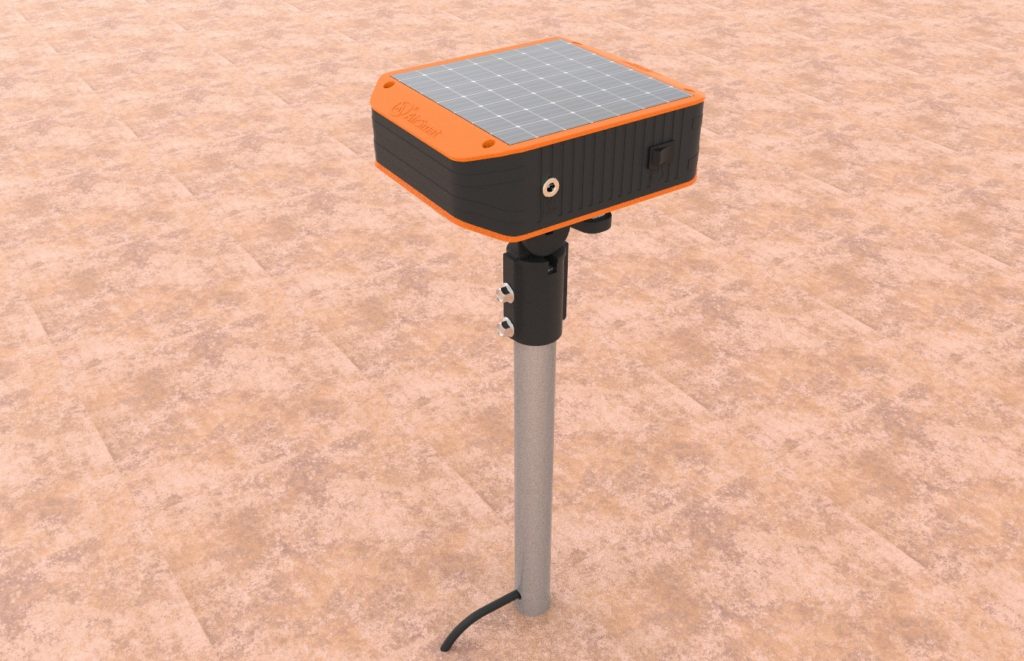The recent statistics by the National Bureau of Statistics (NBS), said the inflation rate rose to 15.92 percent in March 2022, representing a 0.22 percent point rise when compared to 15.7 per cent recorded in February 2022.
The Bureau also said that the composite food index rose year-on-year (YoY) by 0.09 percent points to 17.20 percent in March 2022 from 17.11 per cent in February 2022.
In its Consumer Price index (CPI), the bureau said the rise in the food index was due to increases in prices of bread and cereals, food product, potatoes, yam and other tubers, fish, meat, oils, and fats.
The above statistics are manifest with a panoramic view of the present state of livelihood in Nigeria, which gives a glimpse into the level of poverty ravaging the nation with respect to food security. Staple foods such as garri, corn, rice, yam, beans, millet, potatoes, and others have all jerked up with prices above the common man’s pocket. With the rising food inflation, it is not uncommon that some households could have been forced to the ratio of 0.0.1 or 0.1.0 for their daily meals. This is chiefly associated with shrinking income or stagnated income that is no longer sufficient to meet the rising cost of food products.
Also in recent times, a report processed by the United Nations Food and
Agriculture Organisation (FAO) in collaboration with the Federal Ministry of
Agriculture and Rural Development (FMARD) disclosed that about 18 million people will face food insecurity across Nigeria between June and August 2022.
The stakeholders’ report laid emphasis on acute food and nutrition insecurity in the Sahel and West African region.
The report said the food crisis will affect Nigerians in 21 states and FCT including, 416,000 Internally Displaced Persons (IDPs). It noted that about 14.4 million people including 385,000 IDPs in 21 States and FCT of Nigeria are already in the food crisis till May 2022.
The analysis for the month of March covered states such as Abia, Adamawa,
Benue, Borno, Cross-River, Edo, Enugu, Gombe, Jigawa, Kaduna, Kano, Katsina, Kebbi, Lagos, Niger, Plateau, Sokoto, Taraba, Yobe, Zamfara, and the Federal Capital Territory (FCT). Not forgetting that in the 2021 Global Hunger Index, Nigeria ranks 103rd out of the 116 countries with sufficient data to calculate 2021 GHI scores. With a score of 28.3, Nigeria has a level of hunger that is serious. This narrative is obvious and needs to be changed with all hands-on deck to bring about actions that will take Nigerians out of hunger.
These various reports are very timely warnings to save the nation and the West African region from impending famine. Whilst this is frightening, it does not call for quivering but swift action to avert the danger of a famine outbreak.
The call and clamor by the Federal Government in recent times for individuals and corporate to invest in agriculture and drive towards attaining food sufficiency and reducing imports have become a public outcry. The time is now for us as a nation to take the bull by its horns to employ all necessary tools and technology to maximize food production.
With modern technologies and the deployment of the right tools in place,
farmers can boost productivity and achieve greater crop yield through the
practice of Precision Agriculture (PA) according to the National Research Council, 1997, Precision Agriculture is “the application of modern information technologies to provide, process and analyse multi-source data of high spatial and temporal resolution for decision making and operations in the management of crop production.”
With the adoption of the science and art of precision agriculture through
innovative technology such as FarmSense, a technology developed by AirSmat to address the need to increase efficiency and sustainability of the farming business by offering extraordinary access to real-time information that can help guide in-season decision making.
FarmSense is a device that will be placed on the farmland to help in the
gathering of useful information from the farm, stores and transmits the data to the farmers in real-time on their smartphones so they can improve their crop productivity and secure the supply chain of the future in Nigeria and across Africa.
https://www.youtube.com/watch?v=nhEBG5iuZKc&t=5s
With FarmSense, farmers will be able to maximize yields, conserve resources such as water and fertilizer application, reduce waste, and enhance productivity. FarmSense is an IoT (Internet of Things) device. The functionality of the product is powered by GSM and Satellite which enables instant connections to the internet anytime and everywhere FarmSense is deployed providing 99.9% data updates.
Through the data collected, farmers can work smarter with decision-taking as regards areas that need attention to boost soil nutrients with the application of fertilizer and water. This further save time and cost from guess works which is the application of these soil enhancements at random times instead of precisely to specific areas of the farm.
The quest to combat food insecurity in Africa is a dare passion for AirSmat to ensure that in the near and long term, with the technological application, the continent would attain food security to feed its population. AirSmat offers holistic technology solutions for intelligent and precision agriculture. The primary goal of the agri-tech start-up is to assist farmers and farm owners in making informed decisions to maximize yields and ensure food security while increasing the bottom lines of agricultural businesses and balancing the demand-supply and price ratios in the market.
